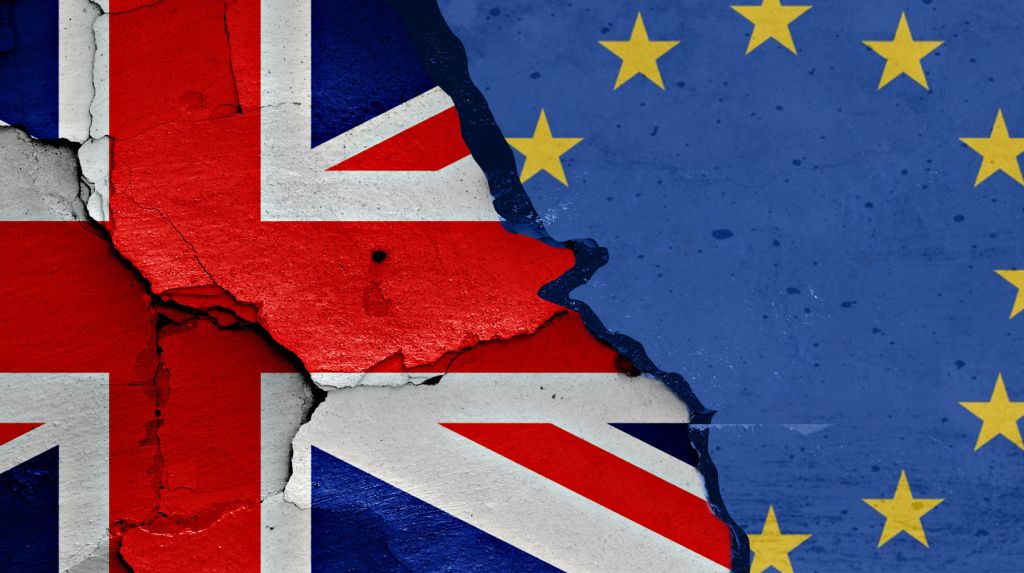“The people have spoken…and they must be punished” – The ebullient Ed Koch after his 1989 defeat for New York City Mayor when asked if he’d run again.

Despite individual views on the referendum, experts almost unanimously agreed that LEAVE would negatively impact the UK economy, at least in the short term. This vote, the impending change in Prime Minister, potential change in Labour leadership, another Scottish referendum, national election and two years of Brexit uncertainty have already had significant impact:
- $2.1 TRILLION of value was wiped off global markets on Friday alone
- The FTSE plunged over 3% losing £120 billion (or 12 years of UK contributions to EU)
- Exacerbating this market drop, the UK exports the most to Germany, whose market dropped 7%, and second largest export market France dropped 6%
- The GBP has weakened by 8% to the EUR, which is less than most other Developed Market economies, in which it has dropped by double digits
- Standard and Poor downgraded the UK debt
What’s next?
One would expect to see significant volatility in the short term as people try to make sense of currency and market position. The UK enjoys preferential trading agreements with 60 countries as part of the world’s largest economy (EU), but will now need to renegotiate each of these as it extricates itself from the EU. Each agreement could take up to seven years to negotiate and it’s unlikely that the UK can achieve the same, or better, results engaging separately.
Lessons Learnt
With all of this uncertainty comes a dramatic increase in business risk; risk is to business investment as garlic is to Dracula: potently crippling. As many predict turbulent times ahead, those same people might remember the last time this type of economic event hit the world in the form of the Global Financial Crisis. During the credit crunch, the off-trade used deeply discounted wine and beverage alcohol to drive footfall. I’m sure that we can all remember the ‘three for £10’ promotions: this mechanic was prolific, despite a skint government passing two duty increases per year.
The result was an industry that gave consumers very little incentive for category engagement and so these consumers stayed home, happily quaffing their cut-price drinks and watching Strictly Come Dancing. In line with this, and faced with little choice, 10,000+ pubs and clubs closed down in the on-trade.
Then came the discounters’ time in the sun. In this low-cost environment, the discounters began to make real traction with the consumer, and emerging from this downturn the discounters continued to grow. Instead of relying just on their low-cost competency, they used interesting wines and quality positioning to further engage consumers.
Much of the off-trade struggled to re-engage consumers and have worked to cut costs through reduced ranges and disintermediation agencies; the very same agencies who had previously provided the pipeline of engaging NPD.
The on-trade emerged from the smoking ban and credit crunch and engaged consumers through innovation, and gave them a reason to spend. Premium casual dining continues to grow and outlets dazzle and delight consumers with a dizzying array of craft beers and spirits. While the largest retailers in the country cut their range by a third, a pub in Manchester added their 600th gin. This consumer engagement has quite clearly been successful – the UK on-trade has increased gin sales by over £200 million since 2012 and is still showing a 20% increase.
A beacon for others
So does our last experience provide insight for navigating the imminent uncertainty and market challenges? I believe our industry can be a beacon for others looking to find the right path, maintaining a positive trajectory and finding momentum during this transition. It’s clear that leaving the EU will require a new set of trade agreements – adding administrative burden to an already challenging job, and incremental costs to a market with razor-thin margins. Yet, there is a way forward:
Costs
- Without a remarkable reversal in currency, costs must go up in the industry – at least in wine. Instead of trying to find every possible way to value-engineer the product into a dusty, discounted corner, let’s find a way to keep the consumer engaged and willing to up their spend. Consumers told us in the last recession that they looked for “affordable luxury” as a treat to substitute for the reduced spending on the family holiday overseas. How can we make a bottle of bubbly, or a few bottles of interesting red – all starting with a unique G&T – shared with friends a welcome escape, instead of driving consumers to look for the lowest possible price point?
Currency
- Currency will increase margin pressure, but we must find ways to reduce costs that don’t directly impact the consumer experience. In the last recession the businesses who cut brand investment suffered, while those investing and taking a long term approach to brand building currently sit in the strongest position.
Supplier relations
- Let’s continue to make London the world’s best wine and spirits market. We must continue to work in partnership with suppliers towards market investment, channel activation and fair and equitable sharing of this investment. Tactical arm-wrestling over costs creates conflict and is counterproductive when a challenging market requires collaboration for success.
Working together
- This is the time the trade must band together and work with our trade associations to ensure we have a strong voice in Brexit. The Wine & Spirit Trade Association has done a commendable job engaging with Westminster and needs our support to enable our trade to grow, continue to employ tens of thousands of people and ultimately make consumers happy. This is not the time to panic, or to push for trade protectionism, but to work to limit administrative impact to allow each product and category to succeed on its own merit.
An African proverb suggests that “a calm sea never made a skilled sailor.” The industry has seen these challenges before and we need to work collectively and cohesively, adopting a leadership position, to navigate the stormy seas ahead.
- What do you think? If you would like to share your views on what the Brexit means for your business or the industry at largest please email editorial@The-Buyer.net.
































